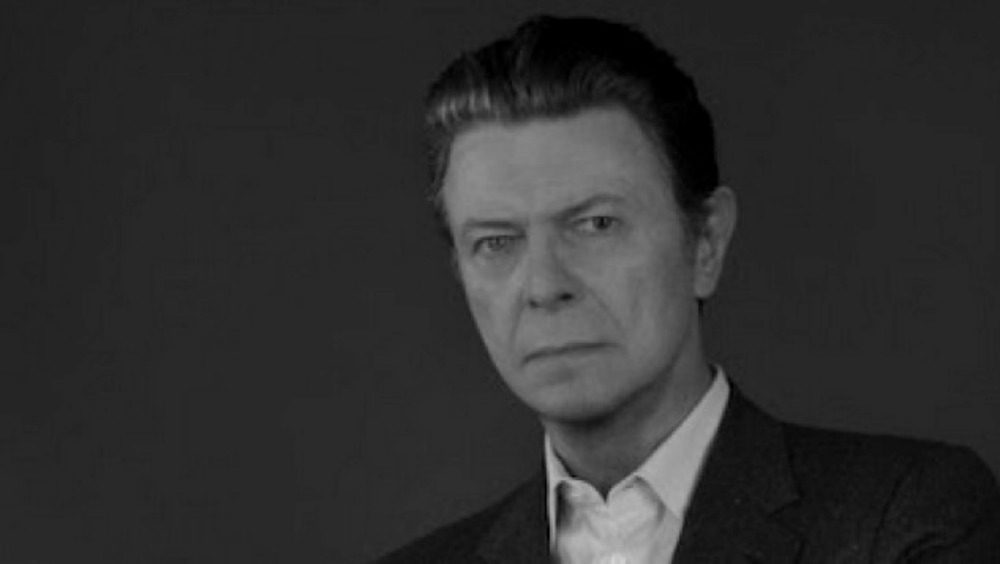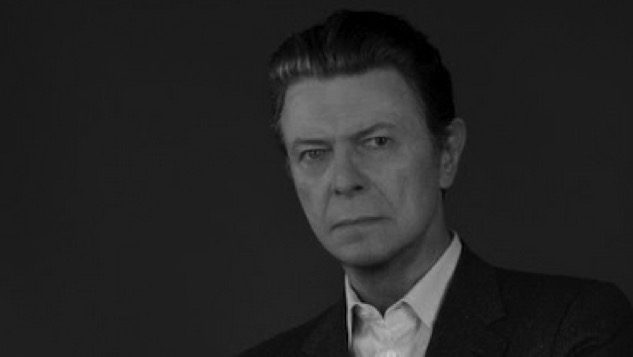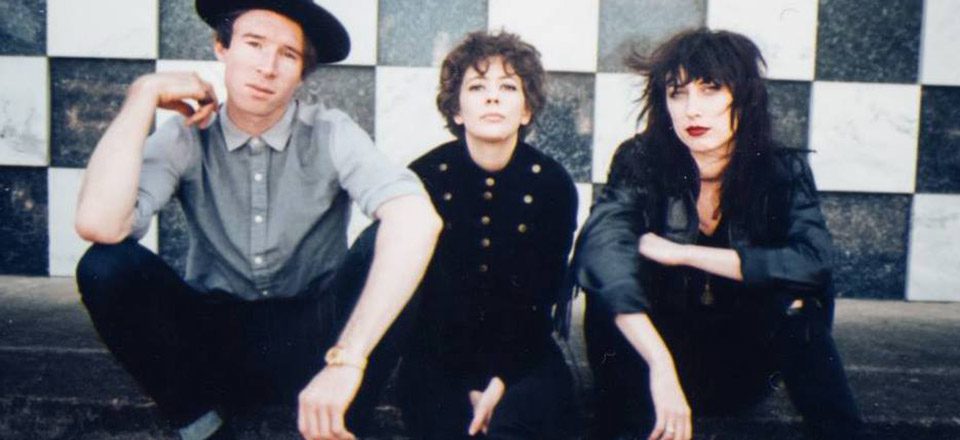ALBUM REVIEW: Common Holly “Playing House”

[fusion_builder_container hundred_percent=”yes” overflow=”visible”][fusion_builder_row][fusion_builder_column type=”1_1″ background_position=”left top” background_color=”” border_size=”” border_color=”” border_style=”solid” spacing=”yes” background_image=”” background_repeat=”no-repeat” padding=”” margin_top=”0px” margin_bottom=”0px” class=”” id=”” animation_type=”” animation_speed=”0.3″ animation_direction=”left” hide_on_mobile=”no” center_content=”no” min_height=”none”]

Playing house is one of the earliest and most innate forms of childhood emulation. It is how we pantomime maturity, and begin to learn self-preservation, domestic upkeep, and the treatment of others. From pretending to prepare a meal, to sweeping the tree house, this form of child’s play is our first expression of wanting to “grow up.” For Canadian artist Common Holly, Playing House is an expression of consciously entering adulthood. It is also the name of her debut record.
Helmed by songwriter Brigitte Naggar, Common Holly greets us with a tender and sophisticated meditation on the end of a formative relationship, and the importance of purposeful decision-making. Of Playing House, Naggar said in a press release that the record “is my first real effort to create something that is entirely deliberate—the beginning of my journey of thoughtful action, and of daring to express myself outside of my bedroom.”
“Deliberate” is the perfect word for Playing House – its stunning arrangements and artful production reflect intent and restraint. Opening track “If After All” is expertly composed, commencing with a font of liquid before breaking down into a multifaceted pop gem, somehow incorporating finger-plucked guitar, swelling strings, and minimalist drums without sounding overwrought. Naggar’s girlish voice carries the same melody throughout the song, but the instrumentation blooms from indie folk to sweeping ballad before culminating in hard rock distortion and busy electric guitar. “If After All” is such a strong composition, I almost wish it was buried deeper in the record, as it’s a tough act to follow.
Though less musically intricate, “Nothing” speaks to Naggar’s ability to contrast form with concept. The dulcet vocals and bedroom rock delivery of “Nothing” portray innocence, while Naggar’s lyrics are anything but. Naggar sings of a crumbling, codependent relationship in which every attempt to problem-solve results in suffocation: “If I got you in a room/ if I got you to hold still/it would probably too soon/to hold you there against your will.”
This level of self-awareness is palpable throughout Playing House. Naggar deconstructs a banal yet dysfunctional relationship throughout the album, holding herself accountable as much as possible. Discussing this theme in a press release, she said, “Especially at the end of a relationship, there comes a time when the best thing you can do for someone is to leave them alone even though it might feel like you’re abandoning them. Sometimes trying to resolve things and being over-present is an act influenced more by guilt than by empathy.”
“In My Heart” is yet another manifestation of that concept. A quietly complex country number, it employs pedal steel and neatly placed piano. The song’s softness negates its harsh message of letting someone go: “Don’t try/In my mind, in my mind I can’t help it/With my heart, with my heart I can’t help you.”
Resting midway through the record is the gorgeous “Lullaby” featuring Montreal pianist Jean-Michel Blais. “Lullaby” depicts Naggar at her thematic pinnacle – the anatomy of the song is true to lullabies, indeed, while Blais’ creeping keys suggest the twinkling of a nursery mobile rotating above a crib. Naggar’s lyrics, however, are biting and brutal despite this naïve melody. “If you’re busy undermining all the things I had to say,” she sings, “I know it would have been wrong for me to try to stay.” The track’s closing coda plays on a familiar children’s game, but turns that on its head for a darker finish: “Come out, come out, wherever you are,” Naggar intones, before promising: “I will keep away.”
The weighty blues of “The Rose” finds Naggar nodding at The Black Keys. The song is soft to start, but builds up and breaks down into Auerbach-worthy guitar, eventually spinning out with grunge distortion. In keeping with this dark turn, “The Desert” is a painterly narrative with sparse string arrangements evoking The Dirty Three. Hand drums and piano crawl behind scant guitar and Naggar’s reverb-heavy croons, weaving a soundscape strong enough to close the record. Though it seems that Naggar didn’t want to end things on such a heavy note. Playing House’s final cuts resort to sweet and weightless melodies instead.
The title track exudes a singsong, sonic innocence. Its melody is full of childlike “doo doo doos” and lyrics that are one word away from being playful: “I’ll play mama, you’ll play daddy and we’ll ruin us beyond repair/at the cabin, on the lakeside, if we take things too far.” It is a song you can almost skip or swing to, until it dissolves into a foreboding vibration fit for Twin Peaks.
Closing track “New Bed” is Common Holly’s most stripped-down offering on Playing House, and perhaps its most optimistic. It is the song that finalizes the breakup; the hopeful closure and calm after the storm. Naggar is vulnerable and resigned when she sings, “I feel that we will get along just fine/if everything goes the way I have in mind.” The song fades out with rain and faint sirens, but what they’re chasing, we do not know.
Playing House is out now on Solitaire Recordings. Don’t miss Common Holly on her upcoming tour.
September 28 – Nomad Folk Fest
November 2 – Brooklyn Bazaar, New York, NY w/ The Hotelier, Oso Oso & Alex Napping
November 3 – Songbyrd Music House, Washington DC, w/ The Hotelier, Oso Oso & Alex Napping
December 5 – Communion Showcase, Rockwood Music Hall, New York, NY
December 8 – Theatre Fairmount, Montreal, QC w/ Chad VanGaalen[/fusion_builder_column][/fusion_builder_row][/fusion_builder_container]







